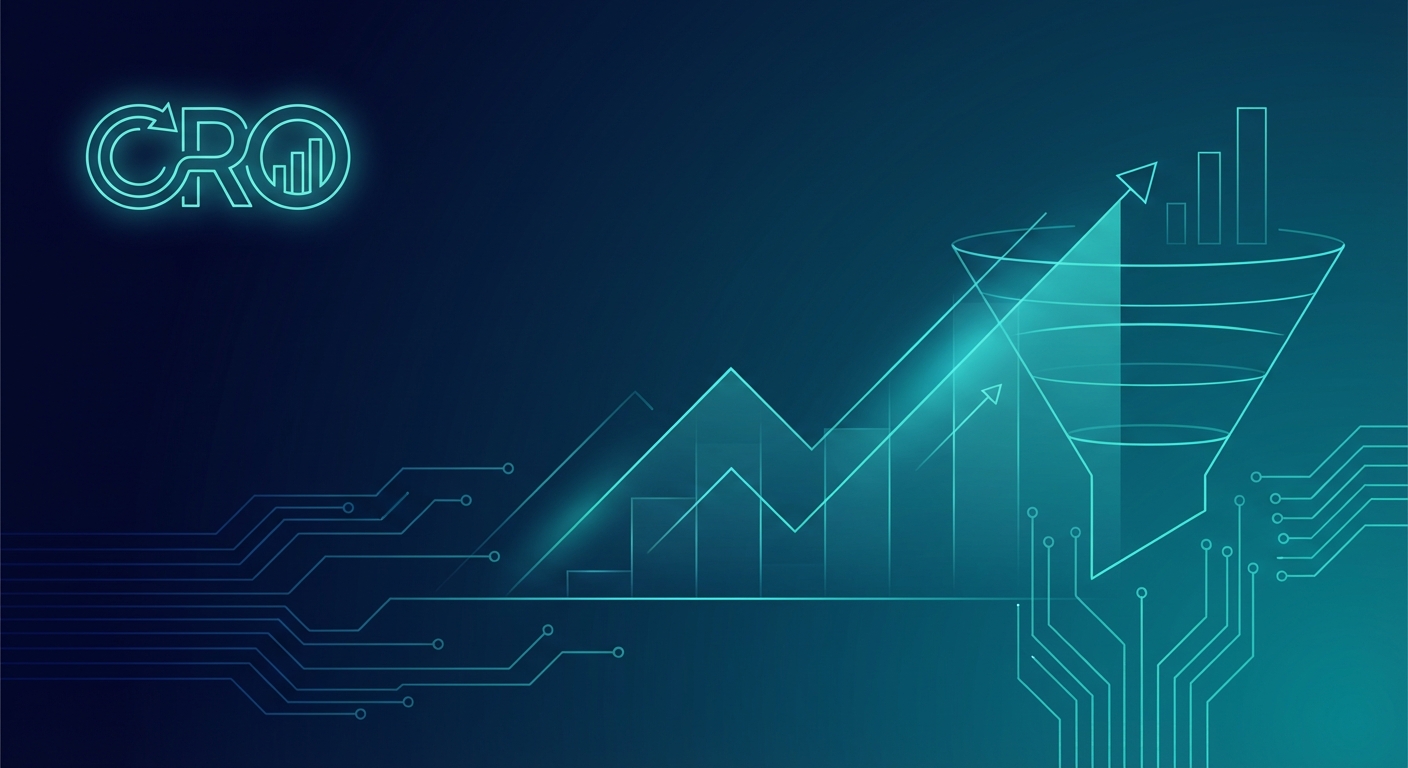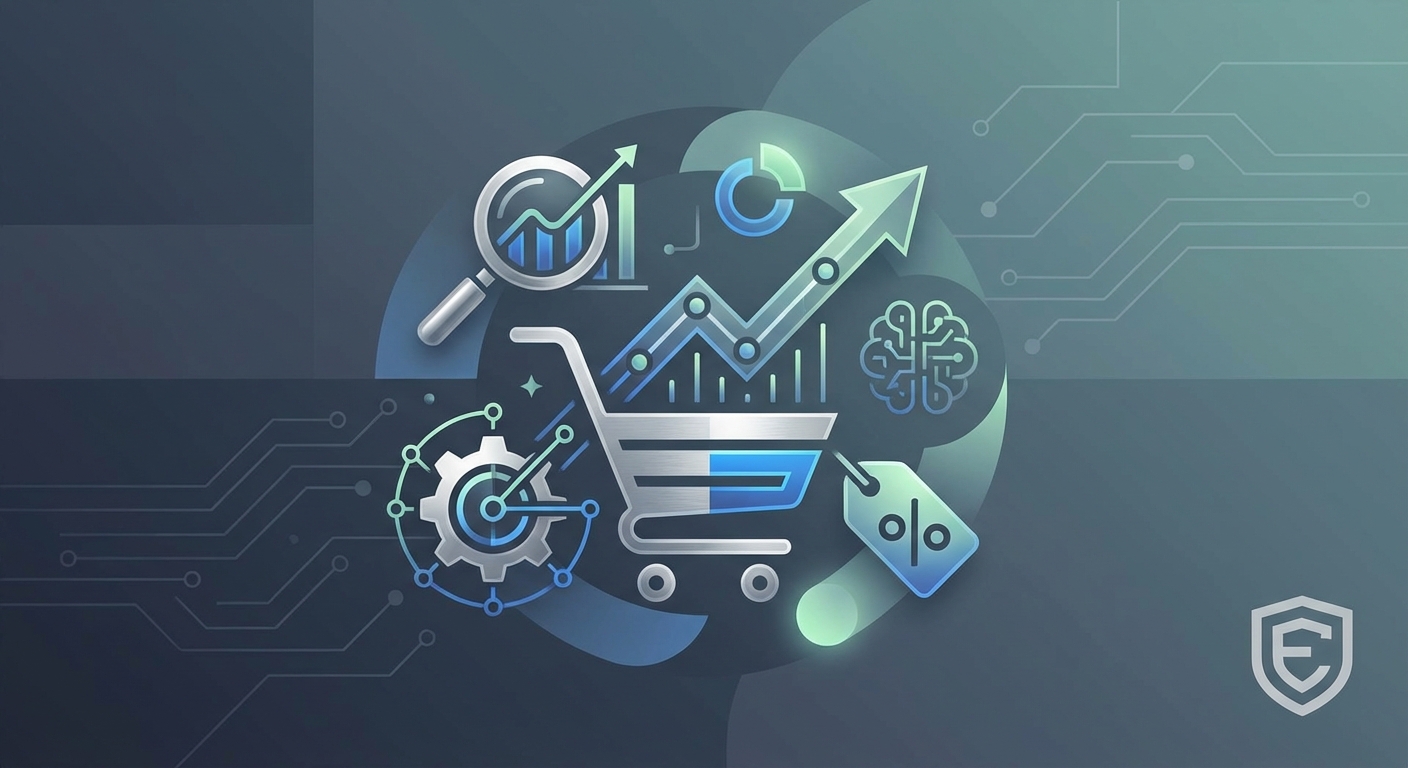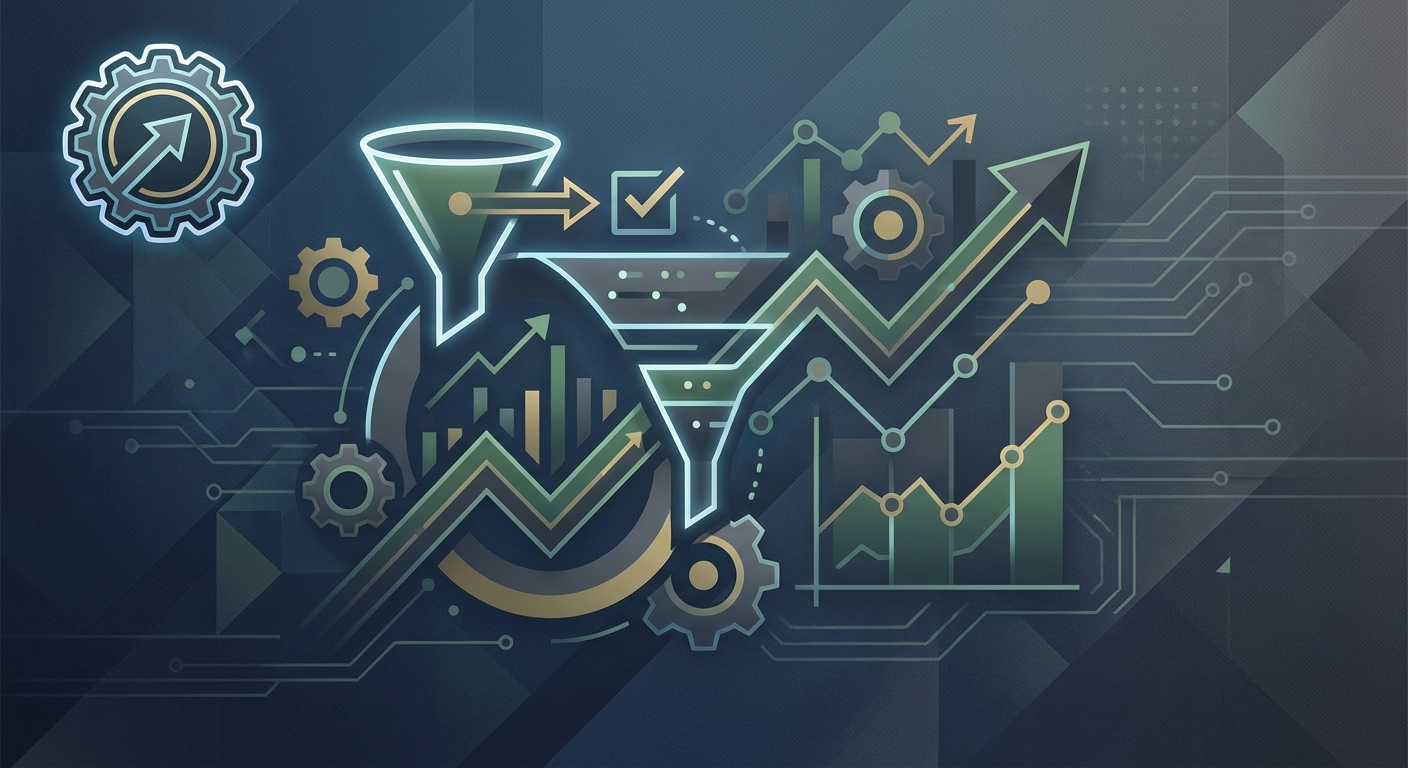Examining Global Issues Related to Surveillance Practices
TL;DR
- This article covers the complex global landscape of surveillance, focusing on its impact on digital marketing and user privacy. It examines the ethical considerations surrounding click tracking, web analytics, and AI-driven optimization tools, highlighting the tension between data-driven strategies and individual rights. The piece explores strategies for responsible data handling and transparency in a rapidly evolving digital world, what small businesses need to know.
Introduction: The Evolving Landscape of Surveillance
Okay, let's dive into the evolving world of surveillance and try to make sense of it all! It is kind of wild to think about how much data is being collected on us every single day, isn't it?
Traditional surveillance is all about cameras and physical monitoring, but digital surveillance? That's a whole other level. (Types of surveillance for security and investigations – 2025 guide) We're talking about the pervasiveness of data collection and how it's changing the game. (Data Collection in Gaming - Medium) It's not just about what you do online, but how long you linger, what you click, and even what you almost click; it's like someone's watching your every twitch. (Do you talk like nobody is watching and how do you do it? : r/Twitch)
And it's not just about big corporations; small businesses are in the mix too. With the increasing reliance on digital marketing, they're using it to stay afloat, but it brings a lot of questions. Even micro-businesses with limited resources need to be mindful.
The real scope of this article? It's all about digital surveillance, data privacy, and the ethical considerations for small businesses navigating this complex landscape. How do we make sense of this data deluge and use it responsibly?
Small businesses are the backbone of many economies, and they're increasingly reliant on digital marketing. Thing is, they need to be aware of what's going on, and how they are collecting data.
There's a real need for ethical and legal compliance. You can't just go collecting data willy-nilly, you know? There are rules, and for good reason. These regulations aim to protect individual privacy, prevent misuse of personal data, and foster trust in the digital economy.
Ultimately, it's about customer trust and brand reputation. If customers don't trust you, they're not going to do business with you. Period.
As researchers are using tools such as screenomics to study human behavior through passively collected smartphone data, understanding the implications of tracking even more critical.
So, that’s the lay of the land - how the digital landscape is changing, and why it matters. Next up, we'll get into why all this really matters for the little guys: small businesses.
Click Tracking and User Interaction Analysis: A Double-Edged Sword
Okay, so everyone's clicking all over the place online, right? But, like, what does it mean? It turns out, tracking all those clicks and digging into how people are using websites is a seriously powerful tool. But it's not all sunshine and rainbows, you know? There's a flip side.
At its core, click tracking is about understanding what users do on your site, not just what they say they do, and user interaction analysis takes that a step further to find patterns.
- You can see where people are getting stuck or confused. Maybe that button isn't obvious enough, or the checkout process is a nightmare. Fix those things, and suddenly, more people are buying your stuff, or signing up for your newsletter–whatever your goal is.
- Ever landed on a website that just gets you? That's good web design, and it's often fueled by user interaction analysis. For example, imagine a small online retailer specializing in handcrafted jewelry. By tracking clicks, they realize many customers are abandoning their carts after adding a necklace but before choosing a chain. Offering chain options directly on the product page could seriously boost sales.
- It's about more than just pretty websites. Think about a healthcare provider, for instance. By analyzing how patients navigate their online portal, they could see that users struggle to find information on preventative care. That information could then be made more visible, which could lead to better health outcomes and lower costs down the road.
Here's where it gets tricky. All that juicy click data can be pretty sensitive, and with great power comes great responsibility, right?
- You're basically watching people's every move. What if you accidentally start collecting data about their health conditions, political views, or religious beliefs? It's a slippery slope.
- What happens if that data gets hacked or leaked? Suddenly, you have a major pr disaster on your hands, and you're facing potential lawsuits and government investigations.
- Even if you're not doing anything malicious, the very act of tracking users can make them feel uneasy. It erodes trust, and that's bad for everyone.
Let's say a small business runs an online learning platform. They might track clicks to optimize the user's learning path:
- Identifying drop-off points: Discovering that many users stop progressing after the third lesson in a module.
- Improving content engagement: Testing different video lengths or interactive elements to see which ones keep users hooked.
- Personalizing learning: Recommending further modules based on the user's interaction with the current module.
Or, let's think about a restaurant chain. They can use click tracking and interaction analysis to:
- Optimize the online ordering process: Discovering that users frequently abandon their orders when asked to create an account.
- Improve menu navigation: Testing different menu layouts to make popular dishes more visible.
- Target promotional offers: Displaying offers of desserts or drinks based on users' past ordering behavior.
It's about finding a balance. You can still get valuable insights without being creepy. It's a growing interest in using passively collected smartphone data to understand human behavior. But even when using such techniques, the implications of tracking should be considered.
Next up, we'll dive into some specific tools that can help small businesses navigate this tricky landscape.
Global Data Privacy Regulations: Navigating the Legal Maze
Alright, so data privacy regulations, huh? It's like trying to herd cats, but with international laws. Who knew keeping track of where your data's going could be so complicated?
gdpr, or general data protection regulation, is that big european law that changed, well, everything. supposedly. it's not just for companies in europe, though. if you're dealing with data from anyone in the eu, you're in it, whether you're in california or cape town. it set a new bar for what "good" data protection looks like.
- it established principles like data minimization (only collect what you need) and purpose limitation (only use it for what you said you would).
- GDPR has teeth. penalties can be steep, up to 4% of global annual revenue, which can be a game-changer for even big companies.
it put a spotlight on consent, making it harder to bury sneaky clauses in the fine print of user agreements. it made companies take data protection seriously, even if kicking and screaming.
then there's california, doing its own thing with the california consumer privacy act (ccpa). it's like the west coast's answer to gdpr, but with its own quirks.
- CCPA gives consumers serious rights, like knowing what data's being collected, opting out of sales, and even demanding deletion.
- It applies to businesses that operate in california and meet certain revenue or data-processing thresholds, so it's not quite as far-reaching as gdpr.
it's important to note that ccpa has been updated via the california privacy rights act (cpra), which significantly strengthens consumer rights and introduces new requirements for businesses.
but wait, there's more! data privacy isn't just a europe and california thing. it's global. you've got:
- lgpd in brazil: lei geral de proteção de dados, another comprehensive law with gdpr-esque principles.
- pipeda in canada: personal information protection and electronic documents act, which governs how organizations collect, use, and disclose personal information in the course of commercial activities.
keeping up gets pretty wild.
so, what's a small business to do? honestly, staying informed is half the battle.
- subscribe to newsletters from organizations like the international association of privacy professionals, which keeps track of these things.
- use tools that monitor changes in data privacy laws and regulations.
- consider hiring a consultant who specializes in data privacy if you're feeling lost.
remember, it's not just about avoiding fines. it's about building trust with your customers and showing you respect their data.
navigating this legal maze is a continuous process. next up, we'll look at the tools available to help small businesses manage this complex landscape.
Ethical Considerations in Web Analytics and Optimization
Alright, let's get into the nitty-gritty of ethics in web analytics – because honestly, just tracking everything that moves isn't always the right thing to do, is it? Turns out, there's a whole load of considerations to keep in mind as you are diving into that data.
First off, transparency is key. It's like that golden rule you learned as a kid. Make sure you're upfront with your users about what you're collecting and why.
- That means having a clear, easy-to-understand privacy policy. No one wants a novel to decipher just to figure out where their data winds up.
- And- you definitely need to get explicit consent before you start tracking their every move. Cookie banners that actually give people a choice, not just a dismiss button, are essential.
- Think about it: if you run a small online store, you might say something like, "we use cookies to personalize your experience and show you relevant products." Simple, right?
Next up, it's about being a minimalist. It's tempting to grab every single piece of data you can get your hands on, but really, you should only collect what you absolutely need for a specific, legitimate purpose.
- think about a healthcare app. Do you really need to know their favorite color or their political views? Probably not. Just stick to the health data that's relevant to the app's function.
- And once you got that data? Only use it for what you originally said you would. Don't start selling it to third parties unless you get explicit permission first.
Okay, let’s talk about security. Treat that user data like it's gold, because it is, to someone anyway.
- Implement robust security measures to protect it from hackers and data breaches. you know, firewalls, encryption, the whole nine yards.
- And when you can, anonymize or pseudonymize the data. That way, if something does happen, it's harder to link it back to a specific individual.
- For example, if you're analyzing website traffic, you might replace users' ip addresses with a generic location code.
Look, it is not always easy, but that is the price of being a good player in the digital world. Research networks are being built to improve healthcare using data, which is only possible with the right precautions.
So, you can see, web analytics and optimization is not just about the numbers, it is about doing the right thing. Next up, we'll be diving into the specific tools that can help small businesses navigate this somewhat tricky landscape.
AI Analytics Tools: Enhancing Insights, Raising Concerns
Okay, so you're thinking about ai analytics tools, right? It's like, are they super helpful or just plain creepy? Turns out, it's a bit of both, and small businesses especially need to tread carefully.
At its core, ai crunches massive datasets to give users a more personalized experience. Think about it:
- E-commerce sites suggesting products you might like based on your browsing history - yeah, that's ai at work.
- Streaming services recommending shows and movies tailored to what you've binged before - surprise, that's ai too.
- Even news aggregators curating articles just for you? Yep, ai again.
But here's the thing, it ain't always perfect. These algorithms can accidentally discriminate, leading to some seriously unfair outcomes.
- Imagine a small lending platform using ai to assess credit risk. If the ai is trained on biased data, it might unfairly deny loans to people from certain neighborhoods, perpetuating existing inequalities.
- Or what about a recruiting tool that screens resumes? If it's not carefully designed, it could automatically filter out qualified candidates based on gender or ethnicity, which is obviously not cool.
What do we do then? It's all about making sure ai is fair and transparent.
- Small businesses need to be upfront about how they're using ai and what data it's learning from.
- Regularly audit the algorithms to check for bias and make sure they're not discriminating.
- Give users some control over their data and the ability to opt out of personalized experiences.
ai can also be used to predict what users will do in the future.
- Think targeted advertising: Showing you ads for products you're likely to buy based on your past behavior.
- Or personalized recommendations: Suggesting content you're likely to enjoy based on your viewing habits.
- Even risk assessment in insurance: Predicting the likelihood of you filing a claim based on your demographics and lifestyle.
But here's where things get ethically dicey. Are we crossing a line when we start predicting and influencing people's decisions?
- What if an ai algorithm predicts that someone is likely to develop a gambling addiction and starts showing them ads for casinos? That's straight-up manipulation.
- Or what if a healthcare provider uses ai to predict that patients are unlikely to adhere to their medication and starts denying them certain treatments? That's undermining patient autonomy.
It's crucial to respect user autonomy and avoid manipulation.
- Don't use ai to exploit vulnerabilities or prey on people's weaknesses.
- Be transparent about how ai is being used to predict behavior and what factors are being considered.
- Give users the ability to control their data and make their own decisions without being nudged in a particular direction.
So, what does the future of ai in marketing look like? Hopefully, it's one of responsible innovation.
- Developing ethical guidelines for ai use in marketing, similar to the ones we already have for human researchers.
- Prioritizing user privacy and data security in ai development, making sure data is protected from hackers and misuse.
- Promoting transparency and accountability in ai algorithms, so users can understand how decisions are being made and hold companies responsible for any harm.
Research networks are being built to improve healthcare using data, which is only possible with the right precautions.
Ultimately, it's about using ai to enhance, not exploit, the human experience. Up next, we'll be thinking about how all this applies to the media and the way news gets spread.
Building a Culture of Privacy: Best Practices for Small Businesses
Okay, so you're running a small business, and you're starting to realize that this whole "data privacy" thing isn't just for the big guys. It's about creating a culture, not just checking off boxes.
It's like, how do you bake privacy into everything you do? It's not a one-time fix, but an ongoing mindset.
- Making privacy a core value in your business: This sounds kinda lofty, right? But it really boils down to thinking about your customers as people, not just data points. For example, if you're running a small online craft store, you might decide to only ask for the bare minimum info needed to ship their order. No need to know their favorite color or what they had for breakfast.
- Training employees on data privacy principles: This isn't just about compliance; it's about empowering your team to make ethical decisions. Imagine you're a local bakery that collects customer emails for a loyalty program. Training your staff to never share or sell those addresses (even if someone offers a tempting price) is key.
- Regularly reviewing and updating privacy policies: Laws change, and so does technology. It's not just a set-it-and-forget-it kind of thing. If you're using ai analytics tools, make sure your policies reflect that.
It's kinda like having a map for your data, so you know where it's going and who's touching it.
- Establishing clear data governance frameworks: Who's in charge of what? Who decides how long you keep data, and who's responsible if something goes wrong? Spell it out. For instance, a small accounting firm might designate one person as the "Data Guardian" to oversee all data-related decisions.
- Ensuring compliance with relevant data privacy regulations: And boy, are there a lot of 'em! gdpr, ccpa, cpra... It's a alphabet soup. Subscribe to newsletters from organizations like the international association of privacy professionals to stay informed, as mentioned earlier.
- Conducting regular data protection impact assessments: What are the potential risks of collecting certain data? What if it gets hacked? What if you use it in a way you hadn't anticipated? Do a little "what if" game.
No one likes secrets, especially when it comes to their data.
- Communicating openly and honestly with users about data practices: Be upfront! Tell people what you're collecting, why you're collecting it, and how you're using it. Research networks are being built to improve healthcare using data, which is only possible with the right precautions.
- Providing easy-to-understand explanations of data use: Ditch the legalese and write in plain English (or whatever language your customers speak).
- Responding promptly to user inquiries and concerns: If someone asks you about their data, answer them. Don't hide behind jargon or make them jump through hoops.
It all boils down to trust. If you build a culture of privacy, your customers will trust you more, and that's good for business. Now that we've looked at internal practices, let's see how media shapes perceptions of these issues.
Case Studies: Examples of Ethical and Unethical Surveillance Practices
Alright, let's talk about case studies - because sometimes, it's easier to understand all this surveillance stuff when you see it in action. You know, real-world examples of companies getting it right and totally messing it up.
So, there are companies out there actually trying to do the right thing with our data. It's not all doom and gloom, I guess! These are the ones building trust by, you know, actually respecting user privacy.
- Building trust through ethical data practices: It's not just about avoiding fines; it's about creating a brand that people actually like and trust. That means being transparent with how you collect data. Think clear privacy policies and cookie banners that don't feel like you're being tricked.
- Strategies and tactics for protecting user privacy: A big part of this is data minimization – only grab what you actually need. If you're a small online store, you probably don't need to know someone's favorite color. And, robust security is crucial to keep that data safe.
- Positive outcomes from ethical practices: It's pretty straightforward: happy customers are loyal customers. When people trust you with their data, they're more likely to stick around, buy your stuff, and tell their friends. It is a win-win.
For instance, consider a hypothetical health app. Research networks are being built to improve healthcare using data, which is only possible with the right precautions. If you're analyzing website traffic, you might replace users' ip addresses with a generic location code. It's about transparency and being a minimalist.
Okay, now for the not-so-pretty side of things. The internet is full of stories about companies that just didn't get it right when it came to surveillance. It's all about the consequences of data breaches and misuse.
"With great power comes great responsibility." - Voltaire (probably)
- Reputational damage: Once trust is lost, it's incredibly hard to get back. Think major pr nightmares, boycotts, and a general sense of "ew, I don't want to do business with them."
- Lessons learned from data breaches: It's no joke. Just ask companies who've had their customer data leaked. It is not only expensive to fix, but can mean lawsuits and government investigations.
- Long-term impact of unethical surveillance: It's not just about the immediate fallout; it's about the kind of world that we're building. If we are constantly watched, how will people feel free to experiment, share, or just be themselves?
So, you can see, web analytics and optimization is not just about the numbers, it is about doing the right thing. Next up, we'll be diving into the media and the way news gets spread.
Conclusion: Balancing Innovation and User Rights in the Age of Surveillance
Okay, so we've been looking at the evolving challenges of digital surveillance, especially for small businesses. Now what? It's not just about avoiding fines, is it? It's about building solid, lasting relationships with customers.
We need to rethink digital marketing and move towards strategies that respect user privacy; it's not just a legal requirement, it's smart business. For instance, a clear, concise privacy policy, without all the legal jargon, is a great start.
Transparency is also key: be upfront about what's being collected and how it's used.
It is important to give users real control over their data, so they can opt out of personalized experiences if they want to.
Consider this: passively gathered screenomics data offers insights, but transparency on the implications of tracking is paramount.
Ultimately, it's about building trust. It's a win-win!




